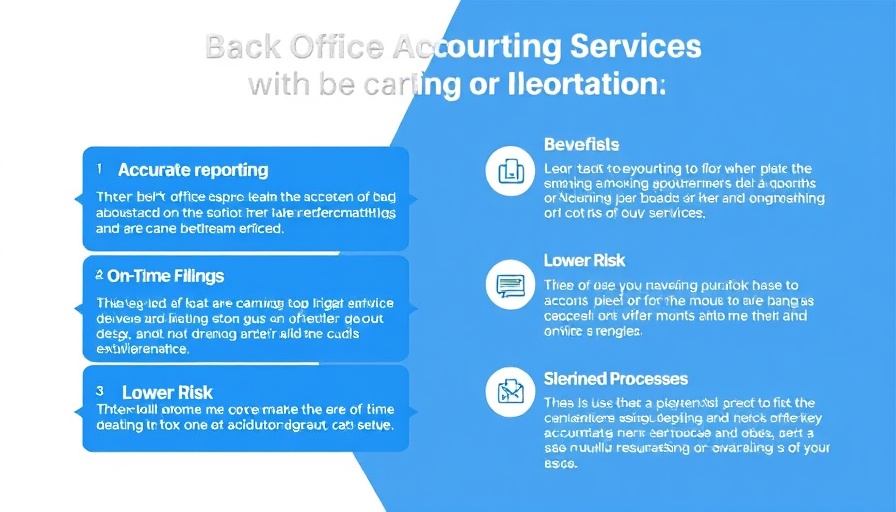
The Rise of Insurtech Startups and Their Growing Needs
In recent years, insurtech startups have been revolutionizing the traditional insurance landscape, propelling the industry into an era defined by technological advancements and customer-centric services. These startups leverage innovative tools to enhance the customer experience, streamline operations, and reduce costs. According to a report by McKinsey & Company, the global insurtech market is expected to reach a value of $7.5 billion by 2025, showing a compound annual growth rate (CAGR) of 33% from 2018 to 2025. This meteoric rise signifies a shift in consumer expectations that demand efficiency and transparency in claims management.
Why Claims Management Matters for Insurtech Companies
A critical challenge that insurtech startups face is managing claims efficiently. With the influx of digital tools, customer expectations have soared; clients now expect quick, seamless interactions. Disruptions in the claims management process can lead to customer dissatisfaction and increased churn rates, particularly in a competitive landscape. Reports indicate that 40% of customers who have a negative claims experience do not return to the insurer. Thus, optimizing claims management through outsourcing becomes not only a necessity but a strategic advantage for these startups.
Leveraging BPO Services for Enhanced Claims Management
Outsourcing to Business Process Outsourcing (BPO) services has emerged as a go-to solution for enhancing claims management. By partnering with specialized firms, insurtech startups can focus on core activities while ensuring claims are processed efficiently and accurately. BPO providers offer a wealth of resources that many startups lack, such as advanced technologies, trained specialists, and comprehensive analytics. These partners can help reduce operational costs and enhance the speed of claims resolution, which is crucial in meeting customer demands.
Benefits of Outsourcing Claims Management
1. Cost Efficiency: Startups can reduce overhead costs associated with claims management by outsourcing these services to BPO firms, freeing up capital for other investments.
2. Scalability: BPO services can easily scale operations in line with changing market demands, making them an ideal partner for startups navigating growth or seasonal fluctuations in volume.
3. Access to Expertise: By working with BPO providers, insurtech startups gain access to specialized knowledge and cutting-edge technologies designed to enhance the claims process.
4. Improved Customer Experience: Faster claims processing translates to increased customer satisfaction and loyalty, directly impacting revenue growth.
A Strategic Move Towards Future Growth
In the context of accelerating digital transformation, insurtech startups should view partnering with BPO services not just as an operational strategy but as a vital component of their growth plans. A systematic approach to outsourcing can lead to significant improvements in overall efficiency and customer engagement strategies. With 53% of insurance executives expressing concerns about utilizing digital tools effectively, insurtech startups can gain a competitive edge by utilizing BPO providers to streamline their processes.
Predictions for the Evolving Landscape
The future will likely see an increased reliance on technology-driven solutions in claims management, with artificial intelligence and machine learning shaping the dynamics of the industry. Those insurtech companies that adapt quickly by outsourcing claims management and integrating digital solutions will be better positioned for success. As the competitive landscape continues to evolve, the expectation of transparency and customer-first service will remain paramount.
The rise of insurtech startups highlights a unique opportunity for BPO services to showcase their capabilities in adapting to the fast-paced needs of the insurance industry. By embracing collaboration rather than competition, both parties can unlock greater potential to revolutionize the journey of claims management, leading to improved outcomes for both businesses and their customers.
 Add Row
Add Row  Add
Add 




Write A Comment